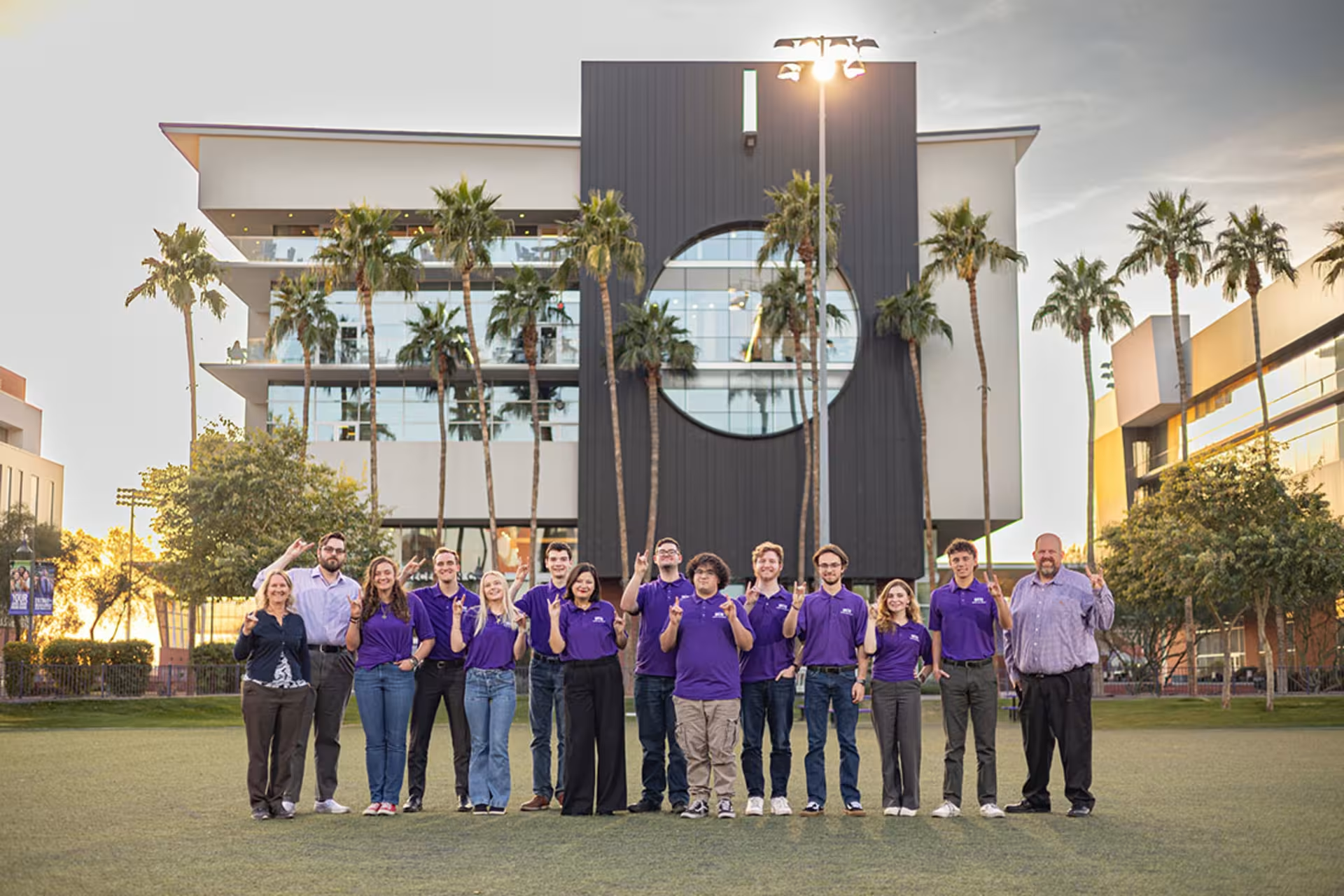
Humanities and Social Sciences Minor Degrees
Minors Offered in Humanities and Social Sciences Disciplines
Grand Canyon University can help you build your tangible skills within your discipline and refine your ability to research, read, write and think your way through complex issues. Our minor programs embrace GCU’s Christian heritage, promoting the spirit of servant leadership and creating broad communities within which you may serve.
GCU’s social science and humanities minors blend the study of traditional humanities into a modern context, challenging you to become a deep and critical thinker from topics covering language and communications, government and public administration and psychology and counseling.

Counseling and Psychology Minors
These social science minor programs at GCU complement a variety of undergraduate degrees with focuses in mental health, behavioral health, sociology, forensics, communications and theology.
Minor in Behavioral Health Sciences
Minor in Counseling
Minor in Forensic Psychology
Minor in Performance and Sport Psychology
Minor in Psychology
Criminal Justice and Government Minors
GCU’s minor degree programs in government and criminal justice offer students the opportunity to gain specialized knowledge in the areas of public administration, law and justice studies.
Minor in Criminal Justice
Minor in Pre-Law
Minor in Public Administration
Educational Studies Minors
Developed for future educators, these humanities and social science minors offer students foundational knowledge and skills in teaching math and history at the elementary and secondary education levels.
Minor in History
Minor in Mathematics
Family and Social Services Minors
Designed for those who want to specialize in family and child services, these social science minors focus on topics related to childhood development, social well-being, family structures and case management.
Minor in Child and Family Social Services
Minor in Human Services Case Management
Language and Cultural Studies Minors
These humanities minors are designed for those who want to enhance their education through foreign language or cultural studies degree programs.
Minor in African American Experiences
Minor in Hispanic Experiences
Minor in Spanish
Literature, Writing and Communications Minors
If your career goals could benefit from specialized knowledge in communications, writing or literature, these GCU humanities minors are worth your consideration.
Minor in Communication
Minor in Literature
Minor in Professional Writing
FAQs for Social Science and Humanities Minors
Read through these commonly asked questions to learn more about earning a humanities or social science minor at GCU.
Why are cultural studies minor degrees important?
Is a professional writing minor worth it?
Can you become a therapist with a psychology minor?
What is a good minor for a communications major?

Contact us today to enroll or get answers to remaining questions about choosing your minor.

